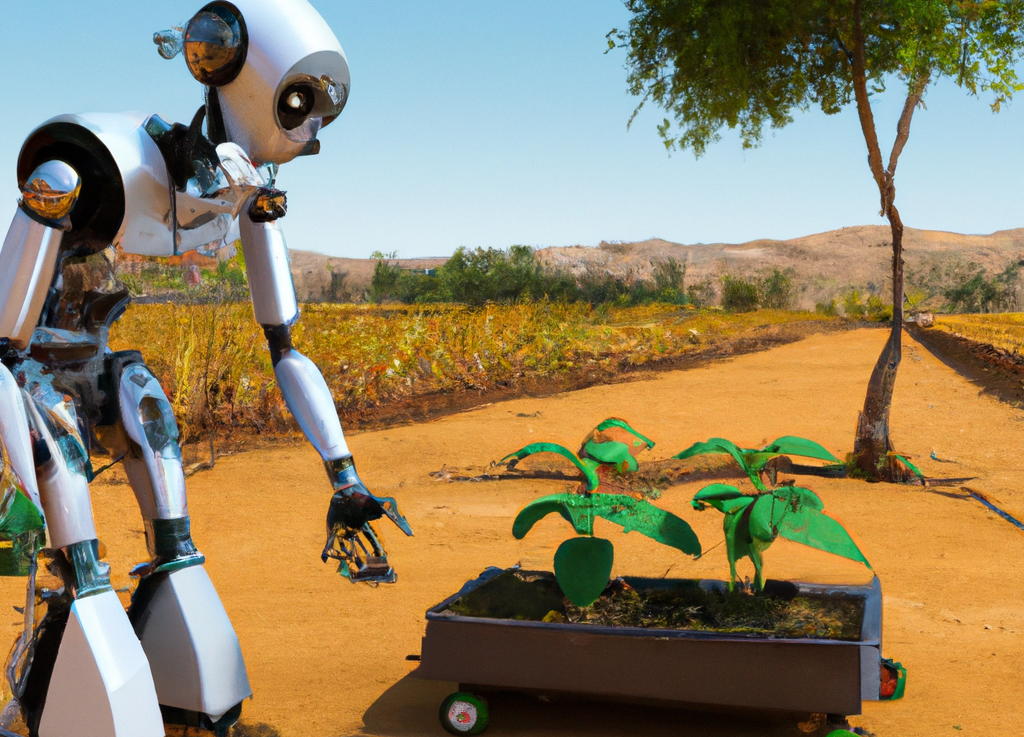In today’s fast-paced, technology-driven world, it’s hard to imagine a field that hasn’t been impacted by the advancements of the digital age. International development is no exception. From communication and collaboration tools connecting development professionals across the globe, to data-driven decision-making and monitoring and evaluation systems, technology is changing the way we approach global development.
But why is this so important? Because when it comes to development, success is all about impact. And technology can improve the impact of our development projects in several ways.
First and foremost, technology (when used as an information pipeline) can help us reach more people more effectively. Mobile apps and SMS systems, for example, can deliver vital information and services to communities in even the most remote areas. This can include everything from healthcare and education to financial services and government benefits.
Furthermore, technology allows us to collect and analyze data in real time, giving us valuable timely insights, enabling better responsiveness to the needs of communities, and adjusting our projects accordingly. By using data-driven decision-making, we can be more efficient and effective with our resources, delivering better value for money.
Technology also allows us to collaborate and share knowledge in previously unimaginable ways. Platforms such as Jonusta make it easy for development professionals to connect and work together, no matter where they are in the world. This can lead to more effective projects, as well as more efficient use of resources.
In short, leveraging technology in global development projects can mean better outcomes for communities, more efficient use of resources, and increased collaboration among development professionals. So, let’s embrace the power of technology, and use it to create a more sustainable and equitable world.

